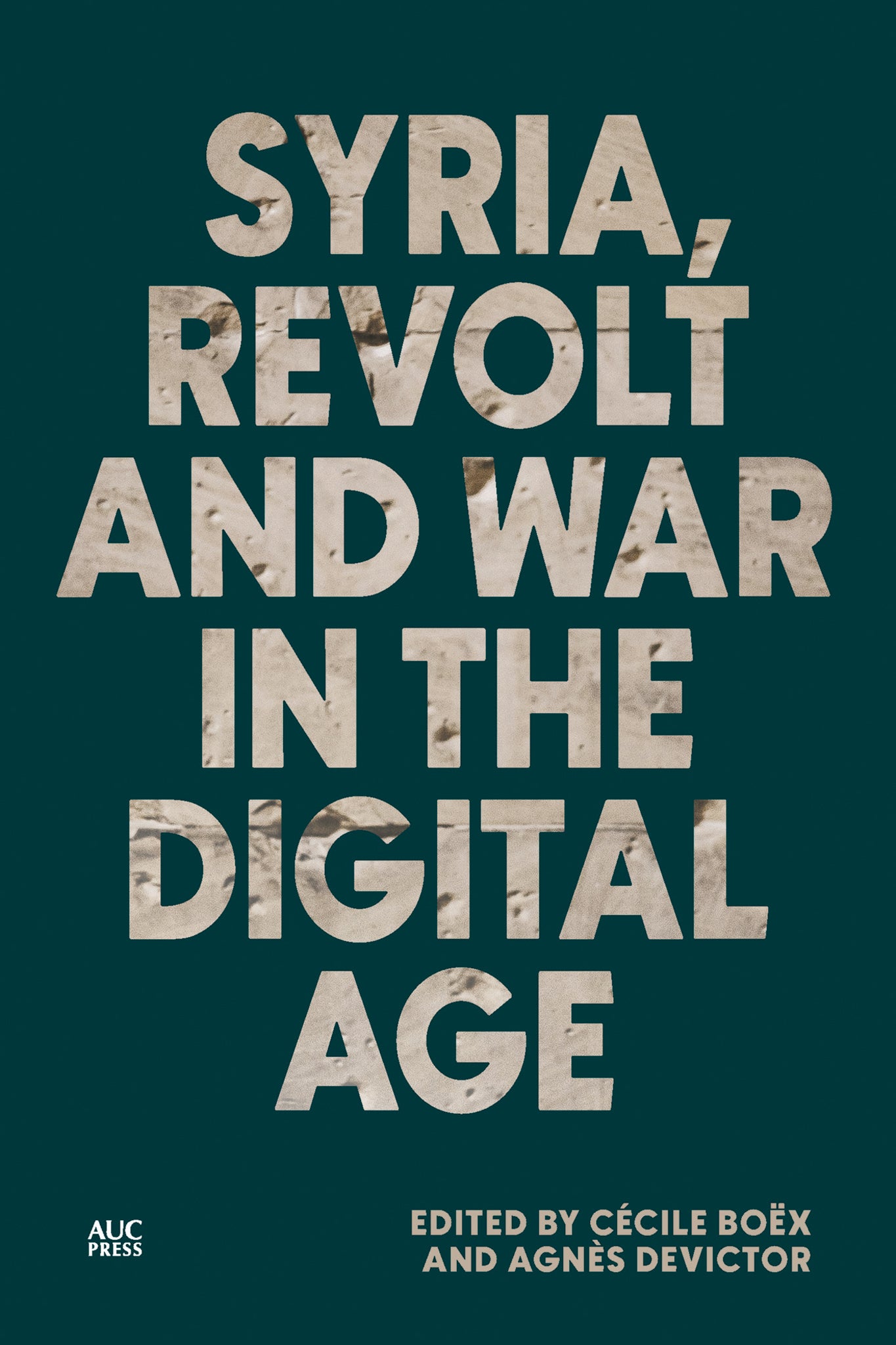We're sorry. An error has occurred
Please cancel or retry.
Syria, Revolt and War in the Digital Age

Some error occured while loading the Quick View. Please close the Quick View and try reloading the page.
Couldn't load pickup availability
- Format:
-
12 August 2025

An intimate portrayal of protest through images during the Syrian war
Never before in history has a conflict been so extensively filmed by its own warring parties, generating a wealth of sound and image. Since the start of the Syrian revolt in 2011, several million videos have been posted online by demonstrators, activists, and militant fighters. Their prime objective has been to work around the media blackout imposed by the regime of Bashar al-Assad, as well as its calling into question the size and scope of activism and repression on the ground, by filming the demonstrations, the repression, and the funerals. Use of video quickly diversified to include protest action, testimonies, military defections, combat training, tributes to “martyrs,” and live combat.
Syria, Revolt and War in the Digital Age explores this vast territory of images and sounds, offering a new approach to understanding the conflict in Syria and, more broadly, it analyzes the new use of images in contemporary conflicts. Based on both digital ethnography and interviews with video-takers on the ground, the contributors identify gestures, grammars, and textures specific to this audiovisual footage that has emerged from different spaces of the conflict rarely studied as a continuum. The contributors to this volume look at images from opposing camps from inside Syria and in the diaspora in order to delve into the specificities of each side’s audiovisual practices and cultures, the way these images relate to one another, and how they might render the Syrian revolt and conflict more intelligible.
With the world awash in images from conflict zones, this book opens readers’ eyes to understanding heretofore neglected aspects of revolt and conflict and proposes new ways of thinking about them.
Contributors:
Hatem A., Independent worker, Malmo
Emma Aubin-Boltanski, National Center for Scientific Research (CNRS), Paris
F.B., Independent worker, Strasbourg
Erminia Chiara Calabrese, French Institute in the Near East (Ifpo), Beirut
Giulia Galluccio, National Center for Scientific Research (CNRS) Paris
Lucile Irigoyen, Independent worker and filmmaker, Mauleon
Shahriar Khonsari, Independent photographer, Teheran
Cédric Labrousse, The School of Advanced Studies in the Social Sciences (EHESS), Paris
Anna Poujeau, National Center for Scientific Research (CNRS), Paris
Chamsy Sarkis, Independent worker, Paris

SOCIAL SCIENCE / Anthropology / Cultural & Social, SOCIAL SCIENCE / Media Studies, POLITICAL SCIENCE / World / Middle Eastern, HISTORY / Revolutions, Uprisings & Rebellions, Media studies, Social and cultural anthropology, Political science and theory

"Meticulously crafted, with a fluid articulation between an informed, sober text and video stills, this book is a real breakthrough in the study of postmodern armed conflicts. Its content is rigorous and highly reliable, and offers insights into the religious, political, and social affiliations of a wide variety of groups involved."—Elizabeth Picard, author of Lebanon: A Shattered Country
"Syria, Revolt and War in the Digital Age is an invaluable resource for researchers and followers of Syria, as well as for scholars of media, war, and activism. It offers an in-depth, interdisciplinary analysis of the production, circulation, and reception of digital images, and the controversies they engendered both within Syria and beyond. In doing so, the book also archives a pivotal period in the history of digital media, one inextricably intertwined with Syria’s dramatic trajectory from revolution to war and the eventual toppling of the al-Assad regime."—Omar Al-Ghazzi, London School of Economics and Political Science
"This courageous and honest work is particularly important today in order to balance the abundance of images coming from Syria and other war territories, to allow us to grasp their horrors while reducing, as much as possible, their capacity to harm and alienate."—Critique Internationale



